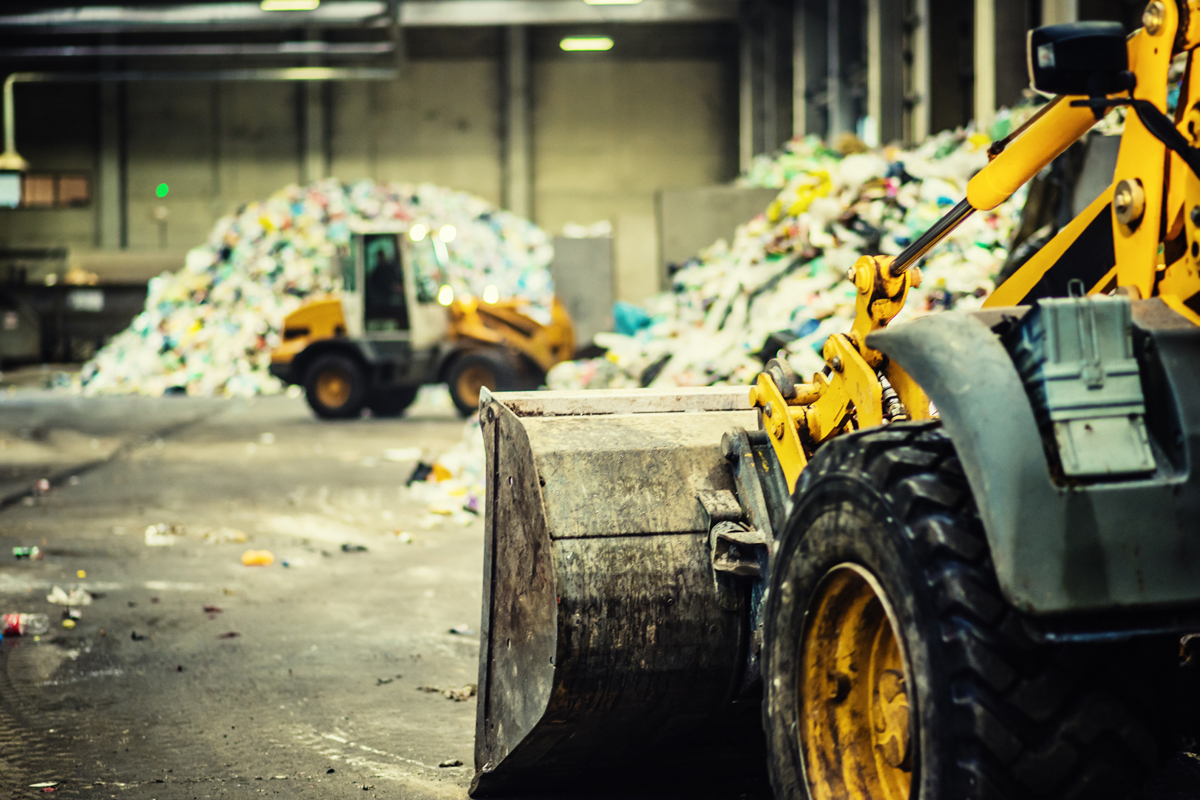Startup companies in India should think about investing in technologies for social sector such as municipal waste management, said director of CSIR-Central Mechanical Engineering Research Institute (CMERI), Durgapur, Dr Harish Hirani.
He was speaking on the occasion of World Habitat Day 2019 organised by Institution of Engineers (India) Durgapur chapter here today on the theme, Frontier Technologies as an Innovative Tool to Transform Waste to Wealth.
CSIR-CMERI has been a pioneer in the country for waste management engineering. It has already set up a green colony at its campus in Durgapur with absolutely zero waste.
“Fool-proof waste management technology is available. Open dumping and open burning of bio medical waste have become an major concern in India these days and the outsourcing of jobs have only compounded the problem. To avoid birds and flies, waste should be lifted early in the morning and instead of carrying garbage by trucks, the waste products should be treated within invidual colonies of the towns and cities,”said Dr Harish Hirani.
Stating that bureaucratic red tapism is a major problem in the implementation of the sustainable solid waste management projects in the country, Dr Hirani said that West Bengal has been lagging far behind in municipal garbage disposal. Solid waste management is directly related to water contamination and air pollution, he added.
He stressed the need fora sustainable economy and biodegradable waste management. He also spoke on issues such as waste and environment , plasma gasification process, conversion of waste to gas to produce electricity, eco-friendly disposal of municipal waste without formation and reformation of toxic dioxins and furans, and large volume reduction of waste.
Dr Hirani also focussed on composting, increase in use of organic manure, decrease in chemical fertiliser and improving the soil. Methane is a greenhouse gas with a much higher potential than carbon dioxide, he added. Effluent from biogas plants and pure bio gas can replace CNG and can also generate renewable energy.
Biogas is a direct substitute of gas coal for cooking and the 1.5m3 energy is equivalent to one litre of diesel / gasoline. It helps in reducing deforestation and checking soil erosion.
Even non-recyclable products like plastics can be converted into wealth through pyrolysis and plasma gasification. Inert materials like construction and demolition wastes can be converted into brick manufacturing.
Agro wastes can also be converted to operate smokefree chulhas, he said.
For a population of 1000 to 2500 using a Rs 1.5 crores solid waste project with rooftop solar system which can process 250 kilograms wastes per day, the daily cost is Rs.1000.
Professor KC Ghanta, chairman of IOE, Durgapur, said that urban India is the third largest producer of solid waste.
He said that solid, liquid, domestic, industrial and commercial waste needs 5Rs – rethinking, reducing, reusing, refusing and recycling to transform waste to wealth. Sixty per cent of waste in India have been generated by just 10 metropolitan cities, he added.
“Rapid urbanisation and industrialisation have become new challenges due to scarcity of land to dispose wastage. The United Nations Settlement Programmee ( UN-HABITAT) celebrates World Habitat Day every year. It aims to remind people that they are responsible for the habitat of future generations to ensure adequate shelter for all,” said MK Biswal, secretary of IOE, Durgapur.










